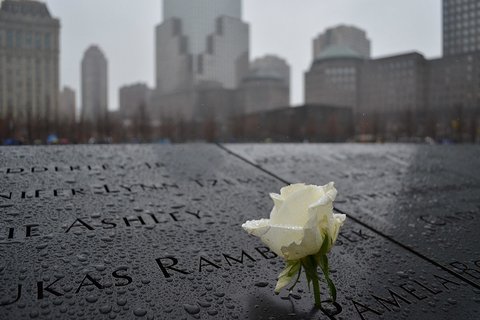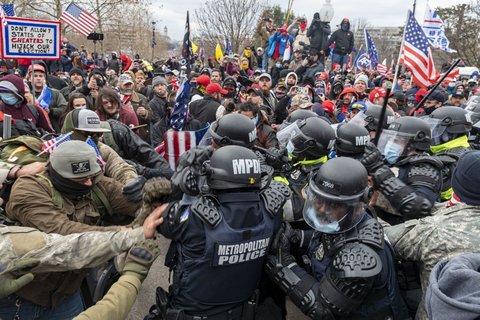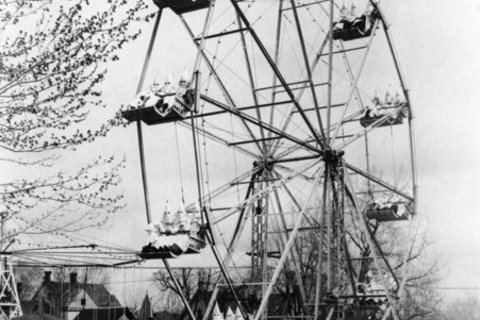What would the U.S look like if 9/11 never happened? Naomi Braine poses an interesting counterfactual on the rise of the Right, nativism, the increase in surveillance, and the lives of people of color.
Naomi Braine
Naomi Braine is a Professor of Sociology at Brooklyn College, CUNY. Her political and intellectual work addresses gender, sexuality, wars on drugs and terror, and health and collective action, from an intersectional perspective.


